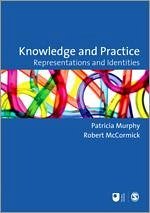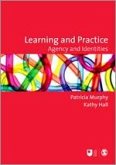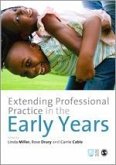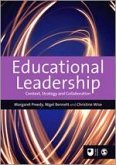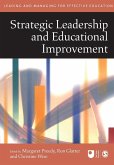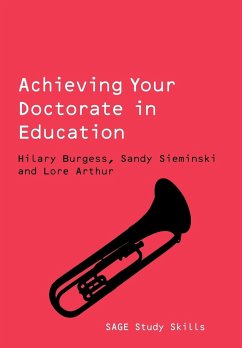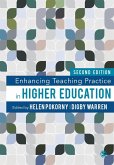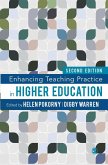Longstanding cultural heritages about the nature of knowledge continue to dominate Western education. Yet the ways of knowing represented through teaching and workplace practices, including assessment, and their relationship to views of learning, are often ignored in debates about learning. This book provides a rich collection of readings that challenge traditional understandings of knowledge and the view of mind that underpins them. It offers socioculturally informed alternatives and tools for innovating change and transforming practice that value different ways of knowing, embracing those that learners bring to educational and workplace settings.
The book takes forward thinking about curriculum in a number of unique and important ways. It adopts a relational view of learning and knowledge, covers educational and workplace learning, and examines knowledge from a sociocultural perspective where learner identities are conceived as forms of competency or knoweldge. It presents challenging ways of thinking about knowledge and learning and considers how to enact these in practice. Drawing from the international literature, this book will be essential reading for students of curriculum, learning and assessment in all sectors from primary to further and higher education. It is suitable as a core text for masters and taught doctorate programmes. It will also be of interest to a wide range of professionals involved with the processes of curriculum, learning and the practice of teaching and assessment.
It will be relevant to those in work-based and professional education and training and informal educationsl settings, as well as traditional educational institutions at all levels. A unique collection in a field that is underrepresented, it will also be of interest to an academic audience.
The book takes forward thinking about curriculum in a number of unique and important ways. It adopts a relational view of learning and knowledge, covers educational and workplace learning, and examines knowledge from a sociocultural perspective where learner identities are conceived as forms of competency or knoweldge. It presents challenging ways of thinking about knowledge and learning and considers how to enact these in practice. Drawing from the international literature, this book will be essential reading for students of curriculum, learning and assessment in all sectors from primary to further and higher education. It is suitable as a core text for masters and taught doctorate programmes. It will also be of interest to a wide range of professionals involved with the processes of curriculum, learning and the practice of teaching and assessment.
It will be relevant to those in work-based and professional education and training and informal educationsl settings, as well as traditional educational institutions at all levels. A unique collection in a field that is underrepresented, it will also be of interest to an academic audience.

